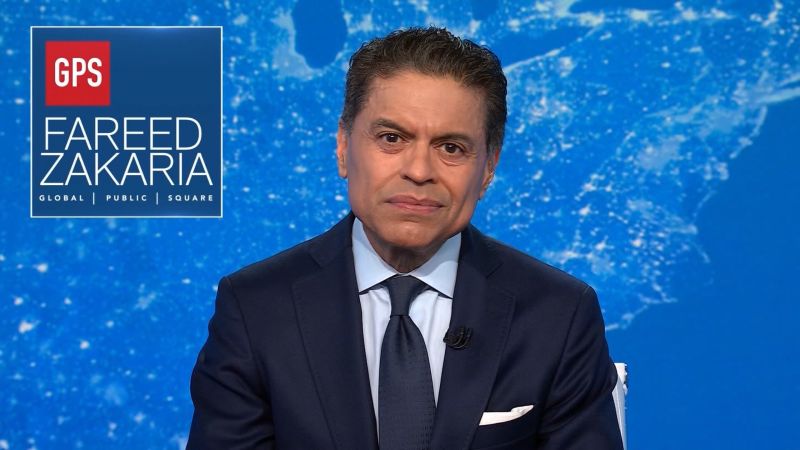Trade Tensions Escalate: Why the US-China Economic Showdown Spells Trouble

The United States plunged headlong into a high-stakes trade confrontation with China, seemingly without a comprehensive strategy or careful consideration of long-term consequences. Drawing insights from historical precedents, global affairs expert Fareed Zakaria warns that this impulsive approach is unlikely to yield the desired outcomes of American economic supremacy or global stability.
The trade war, characterized by escalating tariffs and retaliatory measures, represents a dangerous gamble that could potentially destabilize international economic relations. Rather than achieving a strategic advantage, the conflict risks creating unintended ripple effects that might ultimately harm both nations and the global economic ecosystem.
Zakaria's analysis suggests that such confrontational economic policies rarely produce the intended results. Instead of strengthening America's position, the trade war may inadvertently push China to develop more independent economic strategies, potentially accelerating shifts in global economic power dynamics.
The lack of nuanced planning and foresight in this economic standoff underscores a broader challenge in contemporary international relations: the tendency to prioritize short-term political posturing over sustainable, collaborative approaches to complex global challenges.
